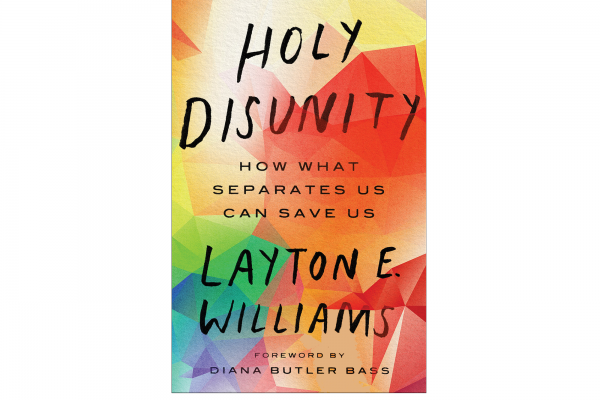DISUNITY IS SO often seen as an evil: the breakdown of relationship, of community, of cohesion. But disunity doesn’t have to mean destruction. In the arguments and protests born from our disunified state, we hear hard but important truths that push back on our assumptions and our hubris. In our willingness to confront our own doubts, and others’, about things we’ve always assumed to be true, we are invited to discover new and deeper understandings of truth. In disunity, our differences and limitations and failures clash against one another, sometimes violently, but those clashes can also be an invitation for us to be stretched and expanded—or at least to understand that the world and humanity are more expansive than any one of us. Our hunger can turn us into enemies, seeking to deprive one another so that we ourselves might have enough. But our hunger also reminds us that we need more than ourselves; we are not sufficient alone. And even when our disunity puts us utterly and irrevocably at odds, when it demands that we be separate, that gulf between us offers space for each of us to grow—perhaps even toward each other.
Disunity is tense. But in that tension we catch a glimpse of the wondrous complexity of God and God’s creation. The universe is made up of an infinite chorus of voices, and we have been taught to see the beauty of harmony, all those voices aligned. But there is beauty in cacophony as well—and it is the beauty of hearing just how many voices there are, of realizing that humanity and God’s good creation do not always look like us or even like what we understand. Embracing the holiness of disunity doesn’t mean seeing beauty or purpose in every opinion or argument; it means seeing that there is beauty and purpose in every person and maybe in the discord itself. Disunity is stretching us, pushing us—both together and apart, refining us, and along with all the other holy work of God, making something new. Even in the negative space between us, God is making new creation. And because God is there working in the negative space even as God is at work in us, we are still all bound up together in God, and even in our disunity, we are, somehow, connected to one another.
I believe the disunity we find ourselves in has the power to save us, if we listen to it and learn from it and allow ourselves to be transformed by it.

Got something to say about what you're reading? We value your feedback!







